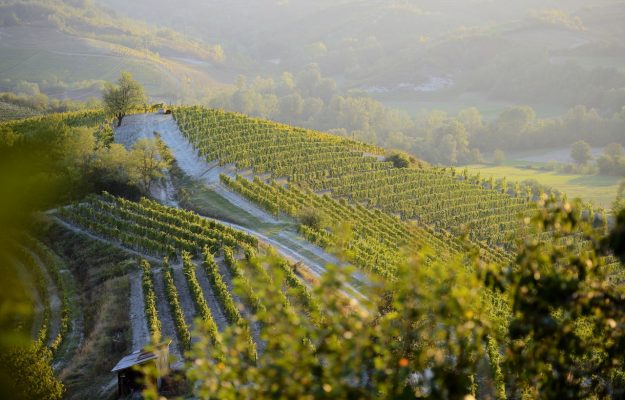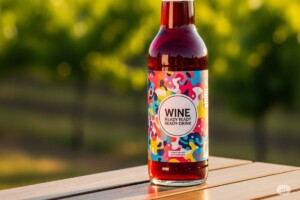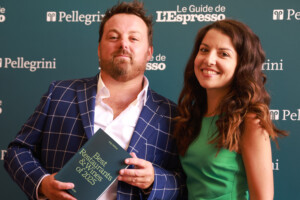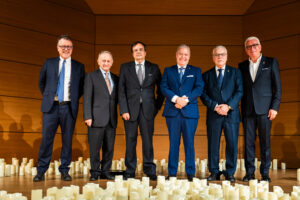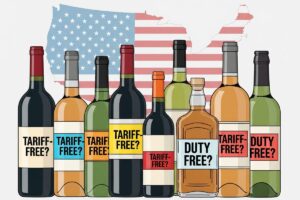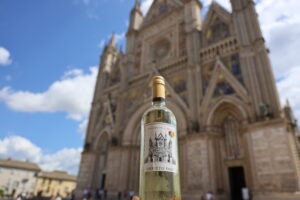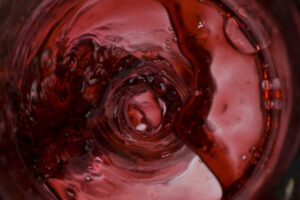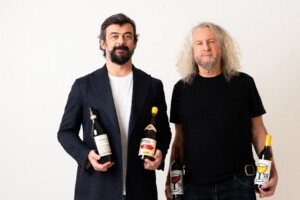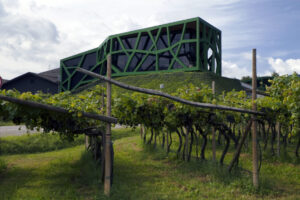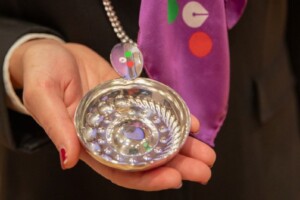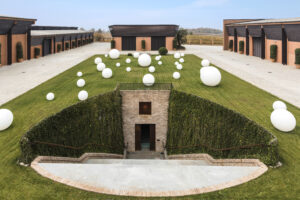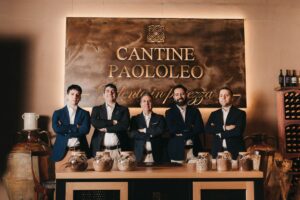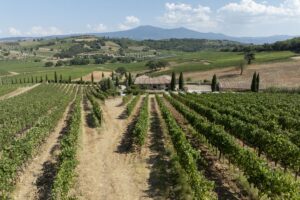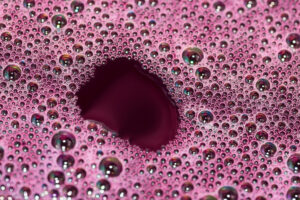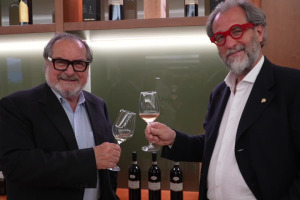The analysis of the communication and marketing actions of Italian wine during the pandemic, revealed in the study, “Wine 2021: One Year After”, and is the first Report on the subject, commissioned by the Gavi Protection Consortium, together with the Gavi Laboratory and conducted by the IULM Wine Institute (IWI) in Milan, with the contributions of UIV-Unione Italiana Vini, Federdoc, “Il Corriere Vinicolo” and WineNews. The study revealed the resilience and entrepreneurial capacity of wine companies and Consortiums that have not passively accepted the consequences of a global crisis, but have been able to adapt quickly to a dramatic and totally unexpected scenario; the fact of "transferring" traditional communication and promotion activities to digital channels, which has allowed Italian wine to get closer to final customers, with whom in the past dialogues had often been delegated to subjects such as, restaurateurs or mass retail; and, last but not least, the main player of communication and marketing activities, which is, above all, the product. It is true, according to the Report, that the majority of Italian companies and Consortiums have promptly responded to the crisis the emergency has triggered by activating initiatives on channels that up until now were only marginally utilized. However, in order to seize all the resulting opportunities offered, these changes and this evolution need to be guided by a long-term vision and strategy, in promotion and communication as well as in the marketing approach, taking into account that today's consumers have changed even more, compared to just a few months ago.
The purpose of the Report was to analyze the projects Italian wine companies have activated, which were identified through a mix of quantitative survey and digital positioning review. The Report has clearly revealed that communication and marketing strategies have changed substantially, hopefully in a lasting and structured way. Nevertheless, many of these initiatives have had the characteristic of “spots”, without a specific direction, more tactical rather than strategic in nature, and aimed mostly at achieving immediate economic results, because of the need to curb the severe losses that were caused by closing down the hotel, restaurant, catering, Ho.Re.Ca. Channel. Wine companies and Consortiums have shown a prevalent focus on the domestic market and, to a lesser degree, on consolidated foreign markets - first and foremost, the USA, Germany, Switzerland and the UK.
Going into further detail, the Report, which was presented in Gavi, at the “Gavi-La Buona Italia 2021 Award”, has indicated launching new products interested 51% of the companies surveyed, and this is sign of farsightedness to counter the consumption crisis in the hotel, restaurant and catering channel. The main initiatives were specifically aimed at final consumers. Some of the companies had introduced them for the first time in 2020, which were online tastings, sometimes supported by sending tasting kits (free or to be bought), opening their own online stores, in the wake of the growth of e-commerce channels, and consequently delivering purchased products, in addition to creating virtual tours of wineries and/or vineyards. Only 9% of companies have decided to use augmented reality for a digital experience that is as engaging and close to reality as possible. Many producers, already using these initiatives, have declared that they have in any case intensified them to curb the losses in turnover, as well as to maintain and deepen the relationship with their consumers. It is not a coincidence, then, that communication activities with end customers, in addition to referring to new products companies have launched, also included a more in-depth story of the history of the brand, the wines and the territory, made possible thanks to virtual tours and sharing recipes indicating wine pairings to entertain consumers during the lockdown. As far as relationships with trade and specialized professionals are concerned, the use of commercial chats was the activity most intensified during the period in question. Over 94% of wineries have positively judged initiatives that have increased awareness of products/brands (82.9%), allowing them to explore new forms of communication (80.0%) and sales (54.3%) and finally, they ensured additional volumes (25.7%).
The Consortiums also agreed that using digital channels is needed and have pushed towards a change in terms of communication methods, as they have understood the extreme necessity and have declared that they want to keep very active in the future, too. Since it has been impossible to physically meet with companies and consumers, the Consortiums have gone towards the massive use of social media and online platforms, which some have just introduced while others are strengthening. The use of Instagram (86%) and Facebook (82%), as well as one's own website (75%), has significantly increased in communicating with consumers. Fifty-seven percent of the Consortiums have hired bloggers and influencers for social initiatives. On the other hand, others (43%), are committed to promoting the e-commerce of member companies. Furthermore, 64% have stepped up or introduced online tasting initiatives. All the Consortiums were satisfied with the activities they started. Seventy percent believe that awareness of products and brands has increased, 60% that these actions have contributed to exploring new forms of communication. But that is not all, new digital channels such as Pinterest, WeChat and TikTok, where there is ample room for development to reach new audiences, have never been used by 74%, 71% and 88% of respondents, respectively.
“It is clear that wine companies and Consortiums are convinced that learning new experiences and developing useful skills, is essential and that these actions and activities must be continued even in the medium to long term”, explained Massimiliano Bruni, director of IWI and editor of the Report. “Plus, one must consider the fact that”, according to Luigi Bersano, director of UIV, “the cost of managing online activities was often lower than that of physical activities, and they have a much greater potential for outreach and contacts”. It is absolutely certain that initiatives are a necessary response imposed by the emergency and have been an opportunity for all interviewees to reflect on new ways of relating and engaging customers and consumers. “At the end of this dramatic emergency, the desire for conviviality and gratification, which are the basis of the success of Italian wine, will be overwhelmingly reconfirmed”, commented Riccardo Ricci Curbastro, President of Federdoc, “but we will also be faced with organizational changes that will require strategic responses, which will benefit from what we have experienced and learned in these extremely challenging months”.
Digital technologies offer extraordinary opportunities, but the wine world has so far looked at them with greater distrust and reticence than other sectors, precisely because of the convivial and experiential nature of wine. However, the convenience, greater choice, real savings and the immediacy of online purchases, through specific apps, of receiving orders, are features that consumers highly appreciate - marking + 27% of Italians who have purchased wine online - which must definitely be taken into account.
Copyright © 2000/2025
Contatti: info@winenews.it
Seguici anche su Twitter: @WineNewsIt
Seguici anche su Facebook: @winenewsit
Questo articolo è tratto dall'archivio di WineNews - Tutti i diritti riservati - Copyright © 2000/2025










